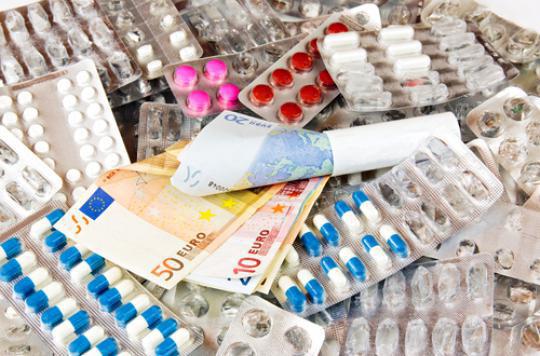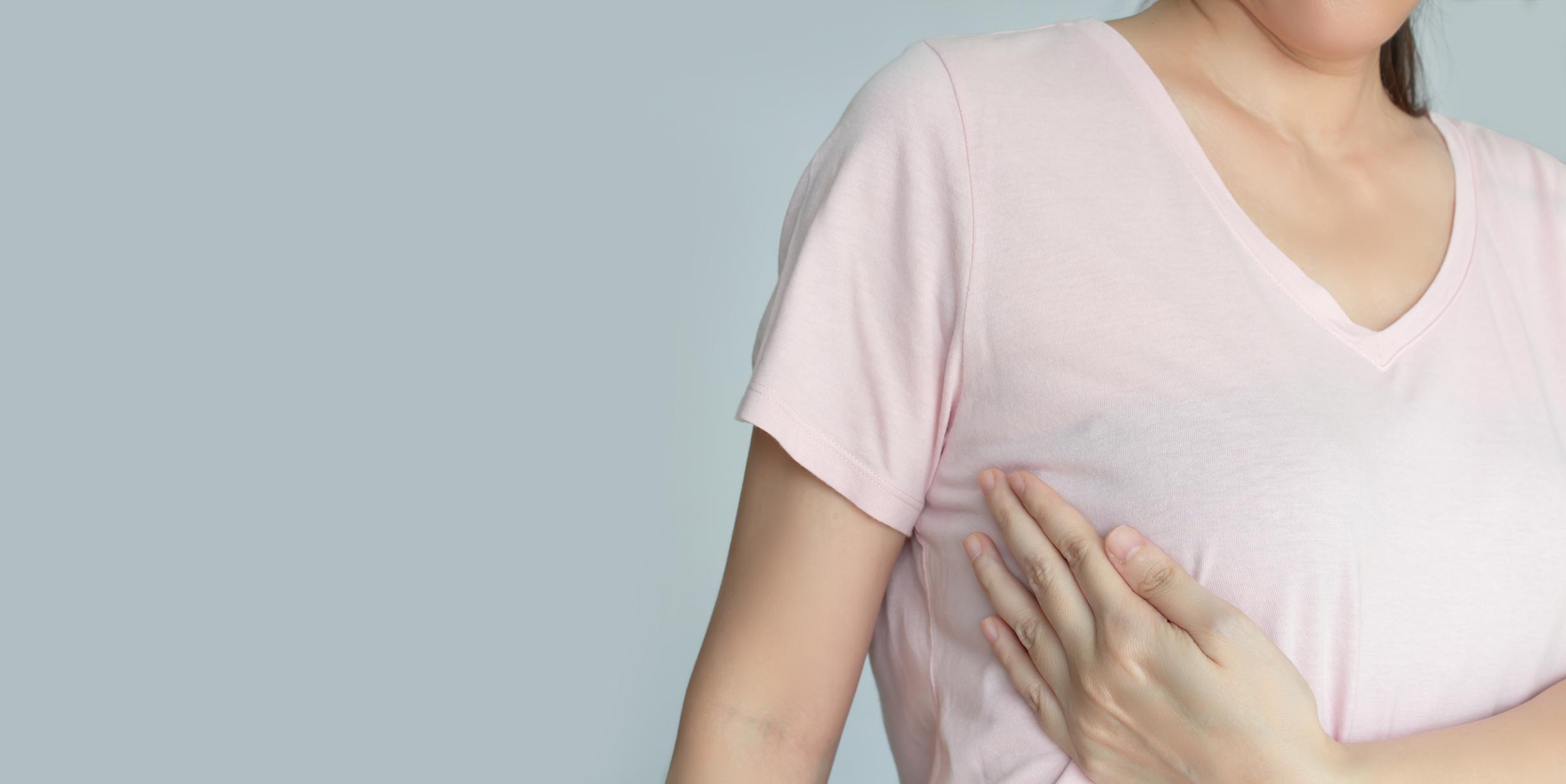Despite a slight erosion, the level of confidence in drugs remains high among the French. This is no longer the case for vaccination.

Year after year, the confidence of the French in vaccines is weakening. A survey carried out by Ipsos on behalf of drug manufacturers (Leem) highlights growing doubts in the population. Fewer than 7 in 10 people still trust vaccines, and barely half believe the benefits outweigh the risks. For 15% of respondents, the risks would even outweigh the benefits. This is the lowest rate recorded since the launch of this “Societal Medicines Observatory” in 2012.
Controversies
These perceptions vary from one generation to another: the 25-34 year old generation is thus the most suspicious of vaccines, and the 55-59 year old the most confident. Of all those surveyed, 34% say they are not sure they are up to date with their vaccination and 6% have no idea.
The doubts also find their source in the various controversies that certain vaccines have aroused in the last 15 years. Falsified scientific results have largely discredited the measles vaccine. And from hepatitis B to influenza A H1N1, the missteps of the health authorities marked the spirits and damaged the confidence of citizens a little more. Not to mention the lack of clear answers to concerns about adjuvants, shortages, and growing doubts among physicians themselves.
Medicines: confidence is weakening
While the level of confidence deteriorates for vaccines, it remains very high for drugs (84%).
But although the level of confidence is substantial, it deteriorates for almost all drugs: prescription (- 5 points), reimbursed (- 4 points), brand name (- 2 points), non-reimbursed (- 1 point ), without prescription (- 3 points), and vaccines (- 2 points). In the end, only homeopathy is progressing in the minds of the French with a level of confidence up 2 points (73%).
The acclaimed whistleblowers
Despite a slight erosion, levels of trust in health professionals (general practitioners, specialists, pharmacists, nurses) remain enviable. For their part, whistleblowers are gaining momentum (69%, + 24 points).
Note that drug companies have fallen by 4 points: only 45% of French people trust them when it comes to information on drugs. However, they remain in front of the written press, radio, television, Internet and politicians.
A logical result since this new wave of the annual LEEM survey is also characterized by a deterioration in the image of companies in general.
Utility, innovation and efficiency
And to understand this attachment, three characteristics that best correspond to drug companies stand out: Utility, innovation and efficiency.
Encouraging sign, the drug industry is progressing slightly on behavior items: the French consider them a little less opaque, and more respectful of the environment and their employees. Drug companies are also making progress on honesty and transparency items, although the scores remain low.
(1) Ipsos study for Leem, carried out with 1,000 people interviewed online between 9 and 16 June 2016 (sample aged 18 and over, representative of the national population).
.

















